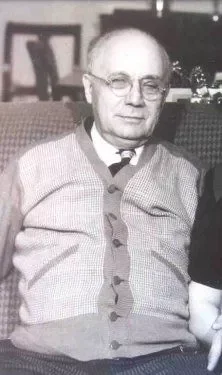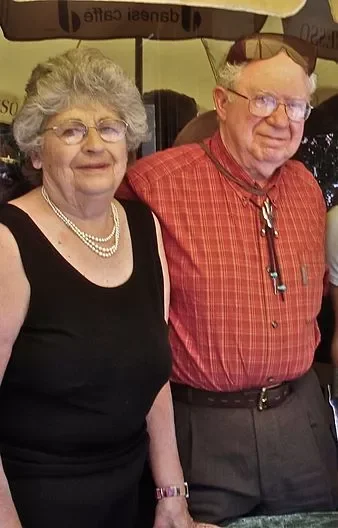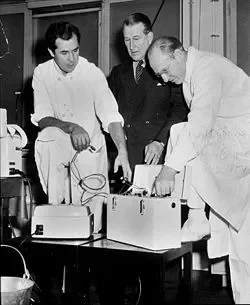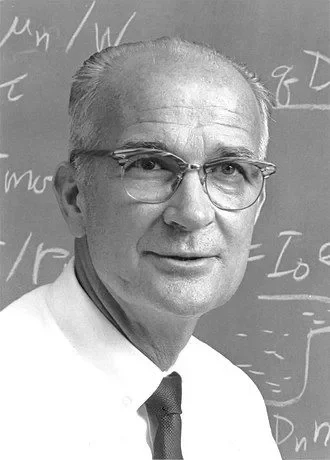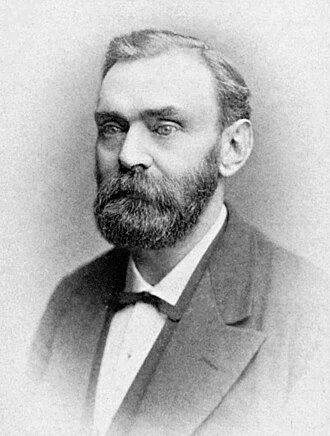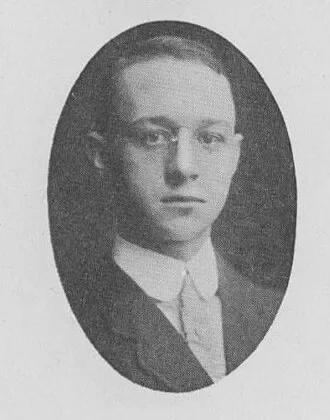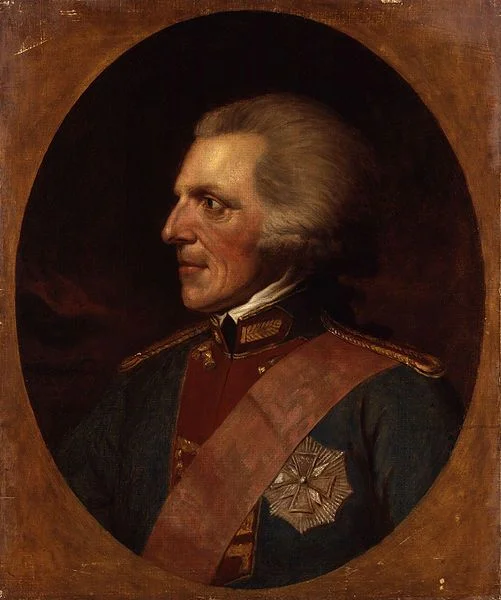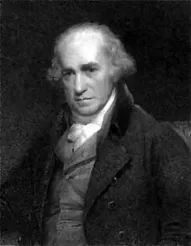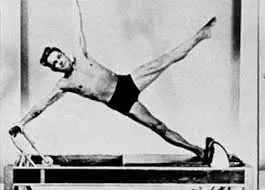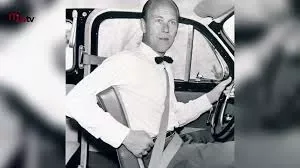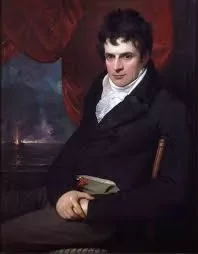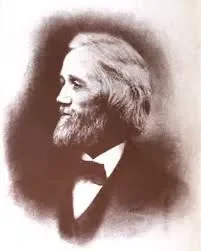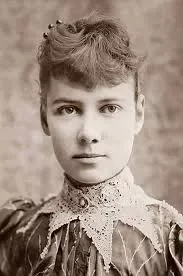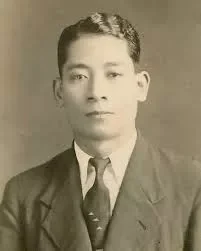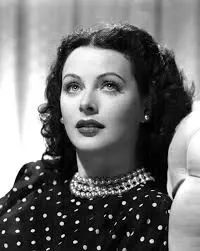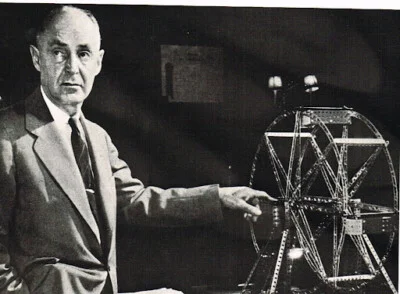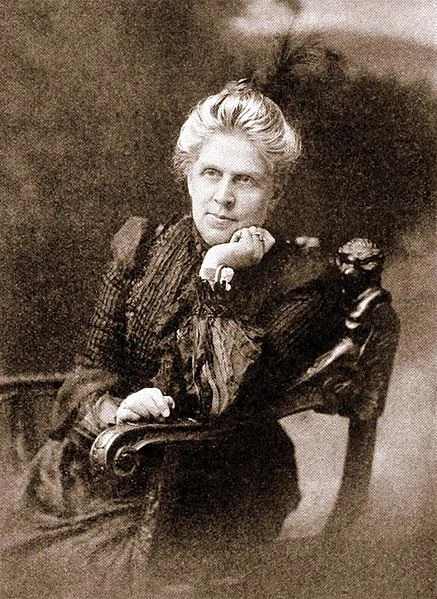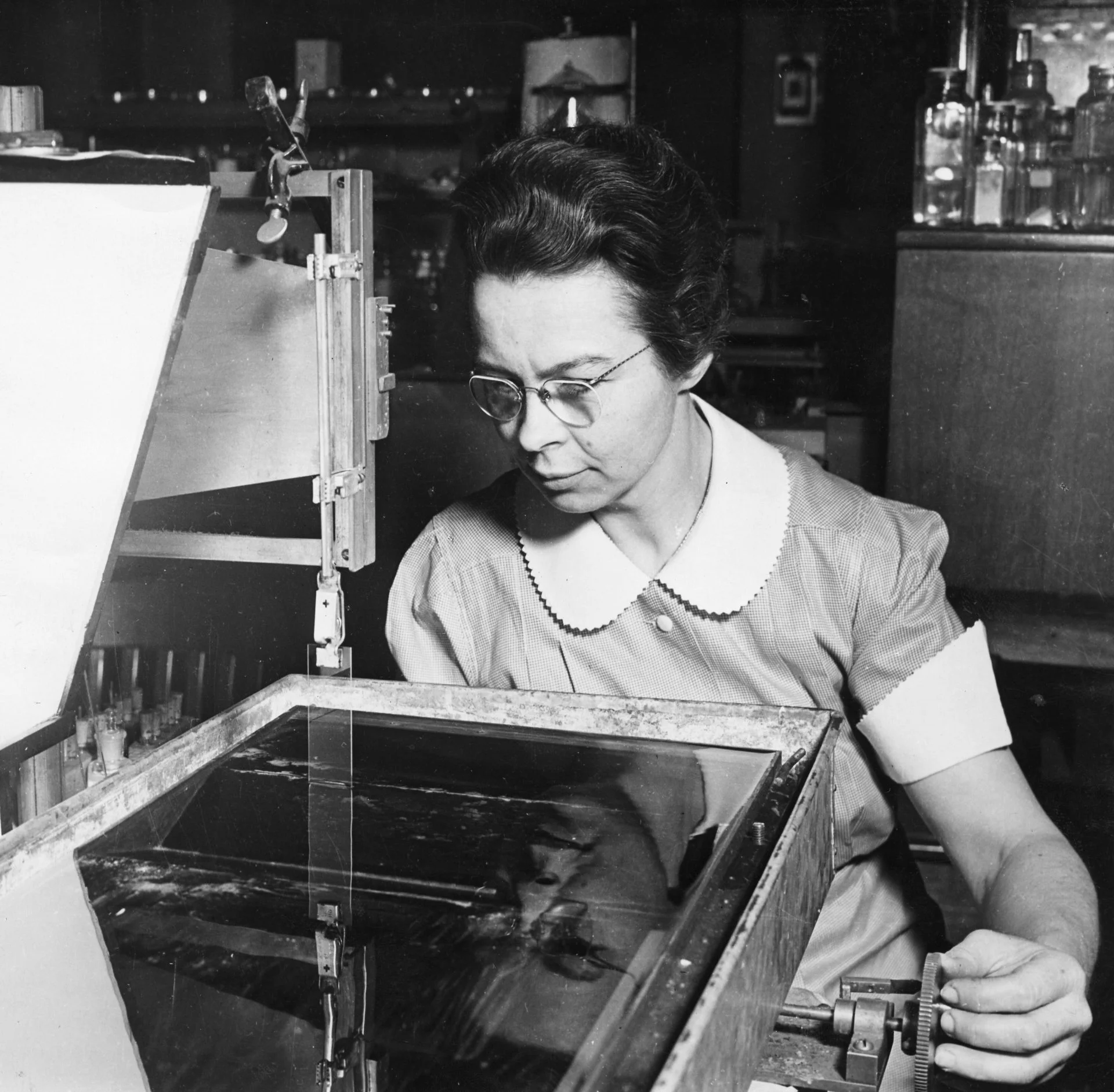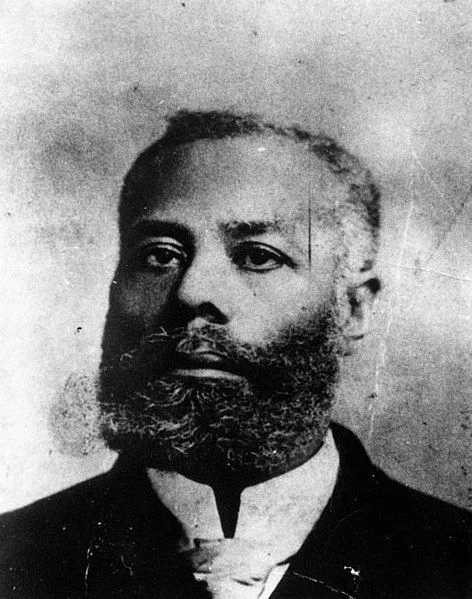Real Celebrities Never Die!
OR
Search For Past Celebrities Whose Birthday You Share
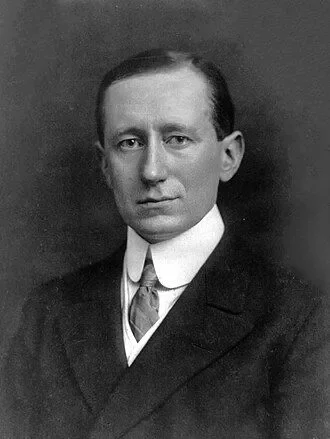
source:wikimedia.org
Guglielmo Marconi
Birthday:
25 Apr, 1874
Date of Death:
20 Jul, 1937
Cause of death:
Heart attack
Nationality:
Italian
Famous As:
Electrical engineer
Age at the time of death:
63
Guglielmo Marconi's Quote's
Early Life and Education
Guglielmo Giovanni Maria Marconi was just not an Italian inventor and electrical engineer but he was exceptionally hailed as the father of radio.
Marconi was born on April 25, 1874, in Bologna, Kingdom of Italy, to a wealthy family. He was the second son of a widower, Giuseppe Marconi, who later married his Irish mother.
Despite not being able to attend school as a child or further his education, Marconi was homeschooled by private tutors and this inspired him to develop a passion for science and technology. He was particularly inspired by the experiments of Heinrich Hertz, who demonstrated the existence of electromagnetic waves.
Driven by curiosity, Marconi began experimenting with wireless telegraphy in 1894, using a spark-gap transmitter and a coherer receiver. He achieved his first breakthrough when he successfully transmitted Morse code over a distance of 1.5 kilometers, recognizing the transformative potential of wireless communication.
Career and Contributions
In 1896, Marconi moved to England, where his work garnered significant attention and support. That same year, he patented his wireless telegraphy system and founded Marconi’s Wireless Telegraph Company. Over the next few years, he refined his technology, breaking barriers in wireless communication:
- In 1899, Marconi established the first wireless communication link across the English Channel.
- In 1901, he transmitted the first wireless signal across the Atlantic Ocean, proving that radio waves could travel long distances and overcome the curvature of the Earth.
Marconi’s innovations had profound implications, including saving lives during maritime emergencies. Notably, his transmitter played a critical role in the Titanic disaster of 1912, aiding in the rescue of 705 passengers and crew.
Global Recognition and Honors
Marconi’s pioneering work earned him widespread acclaim, culminating in the Nobel Prize in Physics in 1909, which he shared with Karl Ferdinand Braun. Throughout his life, he received numerous accolades for his contributions to science and technology.
He also held various honorary titles, including Marquis of Marconi (1929), and was honored by prestigious institutions worldwide. When he passed away on July 20, 1937, at the age of 63 in Rome, Kingdom of Italy, radio stations globally observed a moment of silence in his memory.
Personal Life
During his lifetime, Marconi was married twice . Marconi’s first marriage was to Beatrice O’Brien, who was the daughter of The 14th Baron Inchiquin in 1905.
While the marriage lasted, the couple had four children together. Shortly after Marconi and his family returned to Italy, he requested that his marriage with Beatrice be annulled. The couple finally divorced in 1924.
After this, Marconi later went on to remarry Maria Cristina Bezzi-Scal, the only daughter of Francesco, Count Bezzi-Scali.
But to successfully marry Maria Cristina, Marconi had to convert from Anglicanism to Catholicism. The marriage between the two was blessed with a daughter.
Sadly, this second marriage made him ignore his other children with his first wife.Marconi also died leaving nothing for them as he willed everything to his second wife and her daughter.
Regardless of how his personal life turned out to be, Marconi’s legacy continued to live on through the countless wireless communication technologies we use today.
Name:
Guglielmo Marconi
Popular Name:
Guglielmo Marconi
Gender:
Male
Cause of Death:
Heart attack
Spouse:
Place of Birth:
Bologna, Kingdom of Italy
Place of Death:
Rome, Kingdom of Italy
Occupation / Profession:
Personality Type
; Bold, imaginative and strong-willed leaders, always finding a way – or making one. Marconi was an ambitious visionary, driven by a relentless desire to innovate. His leadership and determination revolutionized communication, despite his initial lack of formal scientific training.
Despite struggling academically, Marconi’s passion for science led to revolutionary inventions.
Following his death, radio stations worldwide went silent in his honor.
He was the first inventor-entrepreneur to win the Nobel Prize in Physics.
His company contributed to the creation of major broadcasting networks like NBC and BBC.
Marconi foresaw technologies like cell phones, tasers, and radar.
Guglielmo Marcon won the Matteucci Medal in 1901
He received the Albert Medal in 1914
He was appointed Grand Cordon of the Order of Saints Maurice and Lazarus in 1932
He was appointed Knight of the Civil Order of Savoy in 1905
He was awarded the John Fritz Medal in 1923
He was awarded the John Scott Medal by the Franklin Institute and the City Council of Philadelphia in 1931
He was awarded the Wilhelm Exner Medal in1934
He was elected as a member of the American Philosophical Society in 1901
He was inducted into the NAB Broadcasting Hall of Fame in 1978
He was inducted into the Radio Hall of Fame (Museum of Broadcast Communications, Chicago) in 1988
He was named Knight of the Order of Merit for Labour in 1902
He was named Marquis of Marconi in 1929
He won the Franklin Medal in 1918
He won the Nobel Prize for Physics in 1909
Marconi also received the freedom of the City of Rome n 1903
Marconi received the IEEE Medal of Honor in 1920
Marconi was appointed Grand Cordon of the Order of the Crown of Italy in 1913
Marconi was inducted into the National Inventors Hall of Fame in 1975

